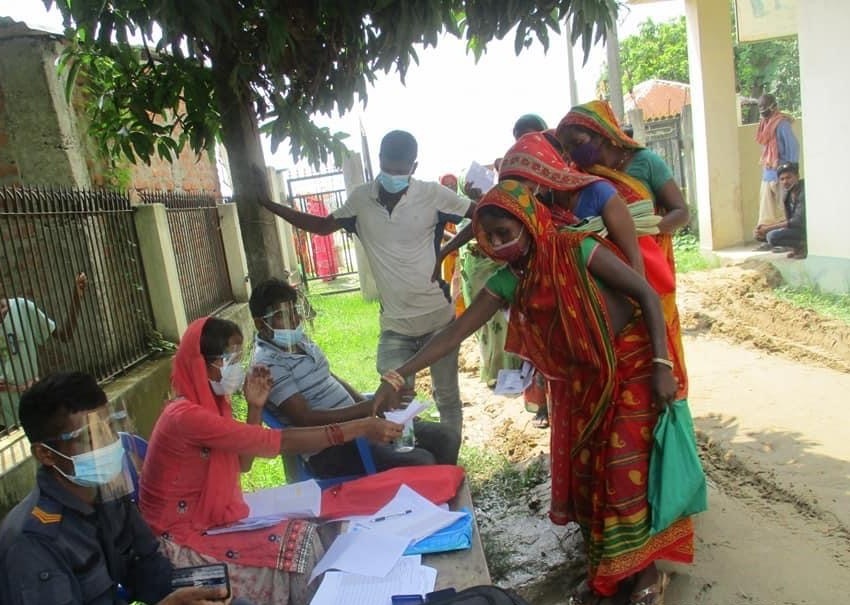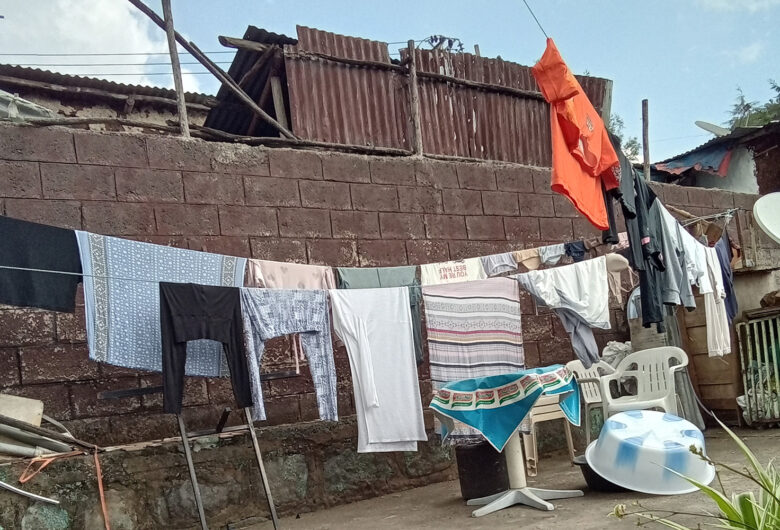Welcome to the Slavery Research Bulletin, the Freedom Fund’s monthly brief designed to bring you new & compelling research from the global anti-slavery movement.
Global efforts to end human trafficking
The US Department of State released their annual Trafficking in Persons report, assessing countries on their progress in addressing human trafficking. The report highlights the impact of the pandemic in increasing communities’ vulnerabilities while severely affecting the capacity of governments and NGOs to carry out anti-trafficking responses. The report provides examples of rapid assessments to understand the effects of covid-19 and re-emphasises the importance of survivor voices and leadership in anti-trafficking efforts.
Uighur forced labour in global supply chains
Sheffield Hallam University reports on the forced labour of Uighur groups in China’s solar energy industry. Polysilicon is a primary component in 95 percent of solar energy modules, and manufacturing in the Xinjiang Uighur region accounts for 45 percent of the global polysilicon supply. Uighur groups in Xinjiang are subject to forced displacement under state-run “labour transfer” programs. The report identifies 11 polysilicon manufacturers in Xinjiang engaged in forced labour transfers and maps their links to international companies.
The worst countries for worker rights
The International Trade Union Confederation shares its annual report on the governments and companies most responsible for worker rights violations. Focusing on anti-union activities in 149 countries, 87 percent of countries violated workers’ rights to strike, and 74 percent of countries prevented workers from unionising. In 32 countries, there is legislation prohibiting migrants from engaging in union activities. Trade unionists were murdered in six countries, with 22 union organisers killed in Colombia alone.
Forced labour and business practices
Stanford University and University of Sheffield examine how corporate sourcing practices and supplier contracts create the need for labour abuse to meet demand. The report suggests that forced labour is a predictable outcome of business models that focus on maximising profits, resulting in minimal adherence to legal obligations and situations where exploited workers are overcharged for necessities like food, shelter and transport.
Covid-19 and human trafficking
The United Nations Office of Drugs and Crime reports on the effects of covid-19 on trafficking in persons. Surveying 121 frontline practitioners across 49 countries, 37 percent of respondents noted that traffickers have moved from in-person to online recruitment, and 31 percent of respondents described the shift of sexual exploitation from known venues to private apartments. Frontline organisations also reported on deficits in funding in the anti-trafficking sector.
Read on…
- Save the Children reports on policies to prevent child marriage in Africa and the Middle East.
- London School of Hygiene & Tropical Medicine investigates hazardous chemicals in child labour.
- Finnwatch highlights workers’ rights abuses in palm oil production in Malaysia.
And finally…
Freedom Fund Program Advisor Roisai Wongsuban wrote about the ongoing struggle of Myanmar workers in Thailand and the effects of the Myanmar coup. Read here.
Contact us
Our team would love to hear from you. Please email: [email protected].
News & updates
For more news and updates about the Freedom Fund, visit our Newsroom. You can also view archived issues of our bulletin here.
Photo Credit: SCDC, southeastern Nepal, June 2021



